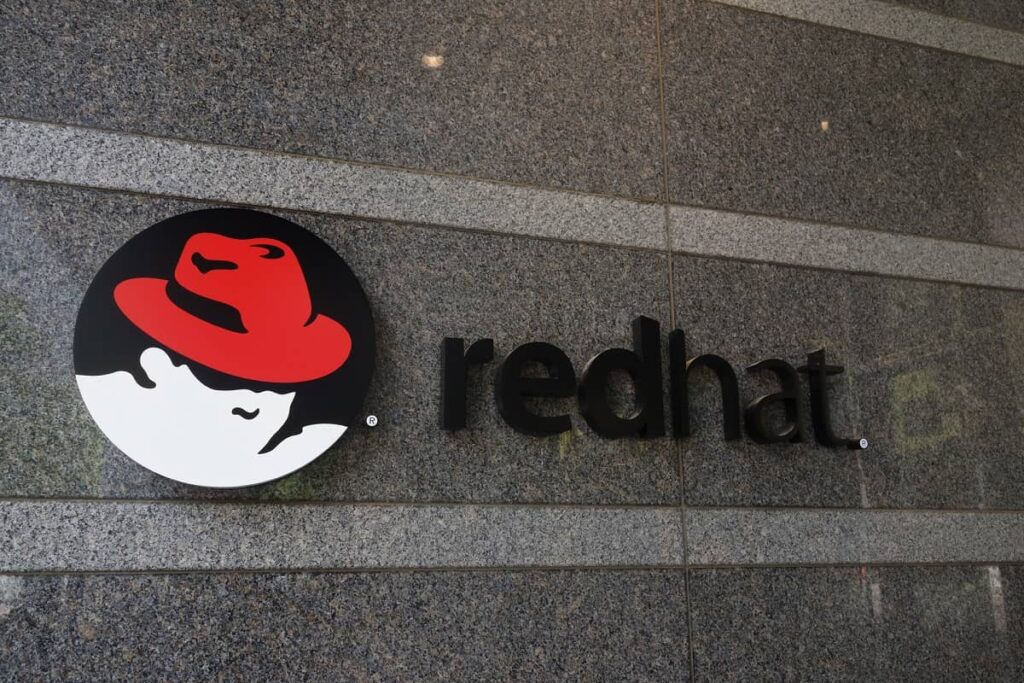By Christopher Saul, Territory Sales Lead for East Africa at Red Hat
The explosion of cloud-based computing in Kenya has forced IT professionals to rethink their infrastructure and software strategies. The country led the rest of the continent in cloud spending in 2022, and while that spending is forecast to decrease this year, benefits such as improved security and customer service, scalability, and business efficiency are driving many enterprises to migrate to the cloud.
But migration is not a straightforward process, especially when the infrastructure is becoming more diversified and complex than ever before. Africa is set to transition to hybrid and multi-cloud environments over the next few years. The popularity and adoption of hybrid work models mean that workforces and systems are no longer confined to a single or collection of uniform locations. Complexity in IT impedes business success, and one of the top causes of that complexity is incompatible systems and technologies.
Kenyan enterprises need to digitise in a way that not only meets the expectations of their industries and markets, but also creates an environment where IT teams can keep up with the systems they are using.
A fundamental part of that is standardisation; simplifying and streamlining every process from development to deployment and patching using the same set of rules and methods to minimise uniqueness among machines and environments. If reducing complexity is the path to innovation, businesses need to start at the base level.
You reap what you SOE
Standard operating environments (SOEs) serve the critical purpose of helping enterprises define what a standard build is. SOEs typically include the operating system (OS), common applications and service packs, and a standard configuration applicable to any environment it’s deployed in.
The modern enterprise has to build and manage a diverse hardware ecosystem, from servers to devices. The lack of an SOE means writing custom scripts and maintaining multiple platforms. The potential results? Inconsistent delivery and performance, more complex training and onboarding requirements for team members, and more time and money spent.
From a cloud perspective, and especially when it comes to hybrid cloud architecture, SOEs complement and reinforce the dynamic and scalable nature of the infrastructure in question. They allow enterprises to deconstruct entire systems into pieces and components, capable of being individually worked on, assessed, and put back together, all while maintaining them as collections. SOEs have one very simple criterion: they have to work the same way wherever you deploy them.
The power of standardisation
Efficiency is the name of the game when it comes to SOEs. Whether we’re talking about application development and deployment, security, or patching, the goal is to reduce the amount of time and money it takes to deploy systems and keep them optimised.
Using a disk image, enterprises can speed up their SOE deployment, simplify installation processes, and provide employees with the tools their roles may require. Compliance and security are also upgraded. Standardisation is the key to uniformity, and when everything is built to look and run the same, it’s easier to identify anomalies and execute the required remedial action.
By extension, supporting identical systems overall becomes less time-consuming and requires less effort from the relevant teams. IT service desks have to deal with less pressure, and the onboarding process for new team members is made quicker and easier. As Kenya’s institutions invest in upskilling students for a cloud-enabled future, this groundwork helps enable graduates at various enterprises hit the ground running.
Teams can focus on other assignments and projects that forward the business agenda, leading to new products, services, and applications. SOEs also open the door for a broad and comprehensive automation strategy. Enterprises can leverage the power of process automation and eliminate repetitive tasks. They can achieve this via containers and orchestration, which help make standardisation more achievable and reinforce uniformity across the infrastructure.
SOEs are not the end-all of an IT strategy, but they are becoming important amid more complex and demanding environments. Working with trusted software vendors, Kenya’s enterprises can lay a foundation for meaningful and manageable growth, culminating in architecture that stands the test of time and infrastructure that takes enterprises into the stratosphere.



